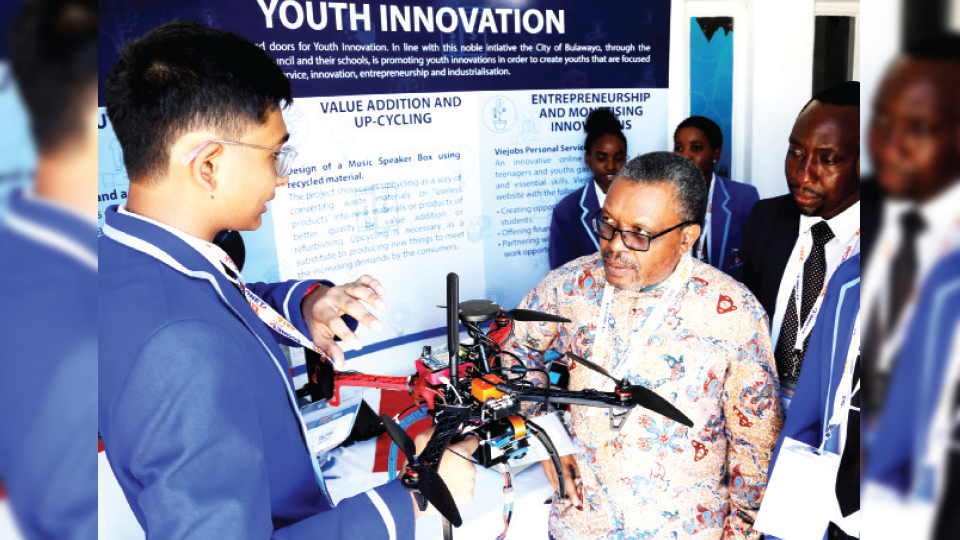Mass drugs programme to fight neglected tropical diseases starts
Nyaradzo Bakari, Chronicle Reporter
THE mass drug administration programme targeting both children and adults as part of efforts to fight neglected tropical diseases starts today.
The Bulawayo City Council has urged people to participate in the programme after a study showed that 15 percent of residents in the city, especially school going children, are at risk of contracting bilharzia, elephantiasis and soil transmitted helminthiasis, among others.
In a notice to schools, Bulawayo acting Provincial Education Director Mrs Ollicah Khaira urged school authorities to ensure that pupils have meals and water to take before the drugs are administered.
“The city of Bulawayo will be participating in the national mass drug administration for bilharzia and intestinal worms. A similar programme has been implemented since 2012 in selected areas throughout the country. For 2017, the medicines to be administered are praziquantel used in the treatment of bilharziasis also known as schistosomiasis and albendazole which is used to treat soil transmitted helminths. The programme will also incorporate vitamin supplementation for children aged six to 59 months. In addition, people aged two years and above including adults will be given diethylcabamazine citrate for treatment of lymphatic filariasis in the northern suburbs only,” wrote Mrs Khaira.
Last week, BCC clinical medical officer Dr Khulamuzi Nyathi said the programme would run from October 30 to November 4.
The health official also dispelled claims that medication from these diseases has serious side effects which are dangerous to humans.
“It is important to know that these diseases sometimes take time to manifest especially in children. We have the normal symptoms which may not be visible but since a survey showed that most children have these, it is important that they be immunised,” said Dr Nyathi.
“The medication has side effects and the most common one is that it causes dizziness. Over the past few years, we recorded a handful of children who became dizzy. People should understand that the tablets are safe for them as they are helpful.”
Mrs Sihle Siziba, a health advocacy official from the local authority, encouraged people to seek correct information before spreading misconceptions about the programme.
“It is important that children eat before taking the medication and we will make a provision for those without food,” she said.
Council also urged members of the public to desist from urinating in or near streams, rivers, ponds or dams and to always use a toilet to prevent tropical diseases such as bilharzia.
“They must avoid bathing in rivers, streams, ponds or dams and apply chemicals to kill snails in water sources used for recreation,” said Mrs Siziba.
“Preventing and controlling snails in irrigation schemes through flushing, drying and using chemicals will also help them reduce the risk of contracting bilharzia. They are also reminded to seek treatment immediately when they suspect bilharzia.”
Last year the country conducted a one week immunisation programme against measles and rubella in children. — @NyarieBakie










Comments